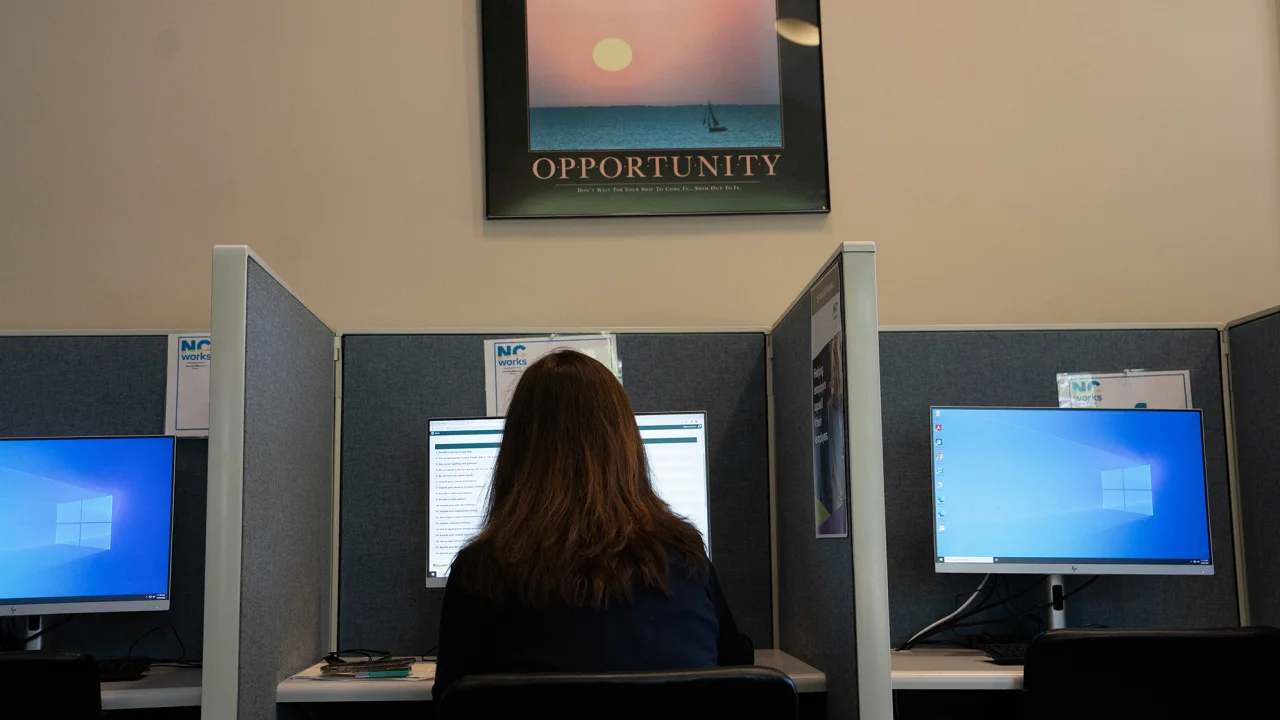Job seekers want record-high wages and men expect $25,000

Americans’ wage expectations have hit record highs, according to a Federal Reserve Bank of New York survey released on Monday.
According to the New York Fed’s latest survey of consumers’ labor market experiences and expectations, job seekers’ average reservation wage climbed to $78,645 in July 2023, up nearly 8% from July of last year.
A higher wage expectation reflects the current state of the economy, said Julia Pollak, chief economist for online job marketplace ZipRecruiter.
“It explains why we’ve seen strikes and unions pushing for higher wages during this summer, since wages follow inflation, and prices have risen 17.5% since the pandemic,” she said.
She said prices would have increased only 7% if not for the post-pandemic inflation surge.
During that time, wages have grown, but not to pre-pandemic levels and certainly not to counter inflation. US workers’ real hourly earnings (adjusted for inflation) grew on an annual basis for the first time in more than two years in May, and real weekly earnings grew year-over-year for the first time in 26 months in June.
Even though workers have received these large nominal wage increases since the pandemic, many of them feel they are no better off because their wages are just tracking inflation, and productivity has not risen, and they expect wages to catch up to inflation and productivity in order to become whole,” Pollak explained.
In general, reservation wages rose for workers, but some groups’ demands were significantly higher than others: college graduates and men’s wage floors were $98,644 and $91,048, respectively.
As for reservation wages for women, they set a record, but at $66,068 – $12,500 below the average and nearly $25,000 below what men expected.
The fact that women earn 84% of what men earn but expect only 73% suggests that perhaps the media narrative [of the gender pay gap] makes women expect even less and that perhaps young women are not prepared for the workforce adequately,” Pollak explained. “Perhaps we’re scaring women into thinking they’ll automatically make less, when that’s simply not true.”
The “ask gap” plays a significant role in gender pay inequality, according to Pollak. It was found by economist Nina Roussille, an assistant professor of economics at the Massachusetts Institute of Technology, that women on average asked for 3.3% less for full-time engineering jobs than men, with the gap growing to 6% for women with more experience, based on data from Hired.com. However, when salary transparency was implemented on the site and a median wage was provided, the gap closed.
